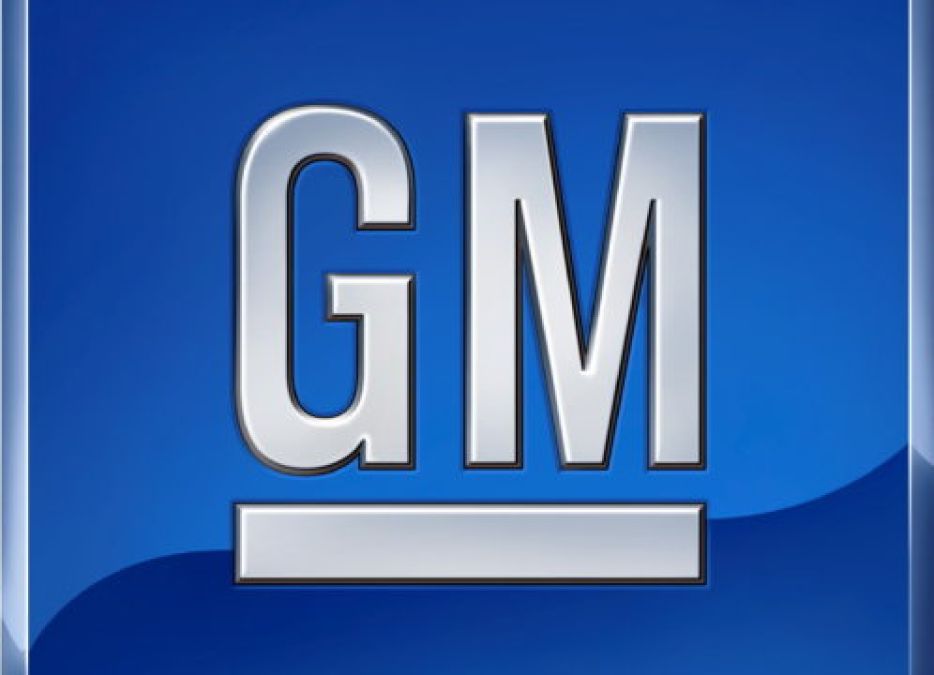General Motors will pay the United States government $5.5 billion US dollars in exchange for 200 million shares of the stock owned by the Treasury department at the rate of $27.50 a share. This presents a premium of 7.9% over the closing price of GM stock at close of business on December 18th 2013 ($25.49). This price was reached through negotiations between the Treasury Department and the bean counters from GM and while the slight markup in the buyback price is a nice sentiment – it represents a hefty loss over the $33 per share price at which the US Government was issued the stock in question. The buyback price announced today is $5.50 less than the IPO price and over the course of 200 million shares – the Government is taking a loss of right around $1.1 billion US dollars on just those shares being repurchased immediately. General Motors expects to complete the $5.5 billion dollar transaction for the 200 million shares in question by December 31st.
“This announcement is an important step in bringing closure to the successful auto industry rescue, it further removes the perception of government ownership of GM among customers, and it demonstrates confidence in GM’s progress and our future,” said Dan Akerson, chairman and CEO of GM. “We come to work every day grateful that taxpayers from the US and Canada stepped forward to rescue our industry, and determined to show this extraordinary help was worth it.”
In light of the company’s effort to buy back a chunk of their stock, the Treasury Department has agree to lift some of the restrictions placed on General Motors and their executives as part of the bailout loans in 2008 and 2009. Most notably, the Government is now allowing GM execs to fly using corporate aircraft but the caps on executive compensation remains in place as we head into the 2013 calendar year. That means Mr. Akerson and other GM top brass won’t be getting a massive raise until the Government has sold off at least a fair portion of the other 300 million shares still in the possession of the Treasury.
After the company buy back of 200 million shares, the United States government will own around 300 million shares of GM stock – which accounts for a 19% stake of the company. The Government expects to sell off that remaining chunk of GM stock over the next 12 to 15 months and that could begin as early as January 2013. This is great news for both GM and the many Americans who are strongly opposed to the Government’s involvement in the American automaker but it comes with a piece of bad news. In order for the Government to cover the nearly $21 billion still “owed” on the bailout loans of 2008/2009, the Treasury Department would have to sell their remaining 300 million shares of stock for roughly $69.72.
While General Motors stock is likely to see the price increase after the company pulls away from the grasp of the Obama Administration, there is almost no way that the price will rise to anywhere near that level within the next 12 to 15 months. Realistically, the US Government would be fortunate to get the $33 per share price at which this stock was issued as part of the 2010 Initial Public Offering (IPO). At $33 per share, the Government will end up taking a hit of roughly $11 billion US dollars when comparing cash brought in via the stock issuance to the actual selling price of that stock. At the current trading price (which, again, is likely to go up provided that things continue to improve for GM), the US Government will end up losing over $13 billion.
The buyback of 200 million shares of company stock by General Motors combined with the Government’s intentions to sell back the remaining 300 million shares over the next 12 to 15 months will likely take some of the heat off of both groups from the critics of the bailout loans that were launched in 2008 by President George W Bush. However, the fact that the US Government is almost guaranteed to take a loss of over $10 billion dollars is something that is sure to sit poorly with Americans who do not believe that their tax money should have been used to save GM in the first place.
Luckily, the bailout loans appear to have had the positive effect on the automaker that Presidents George W Bush and Barack Obama intended when they were proposed (under Bush) and put into action (under Obama). Since the multibillion dollar Government loan, General Motors has climbed out of the grip of bankruptcy – investing some $7.3 billion in the US economy and creating or preserving over 20,000 American jobs as their current lineup of new models as sold well both in the US and around the world. While some curmudgeonly Americans will likely state that they would just assume see GM to bankrupt, a great many American workers today have the bailout loans to thank for the fact that they still have a job.





